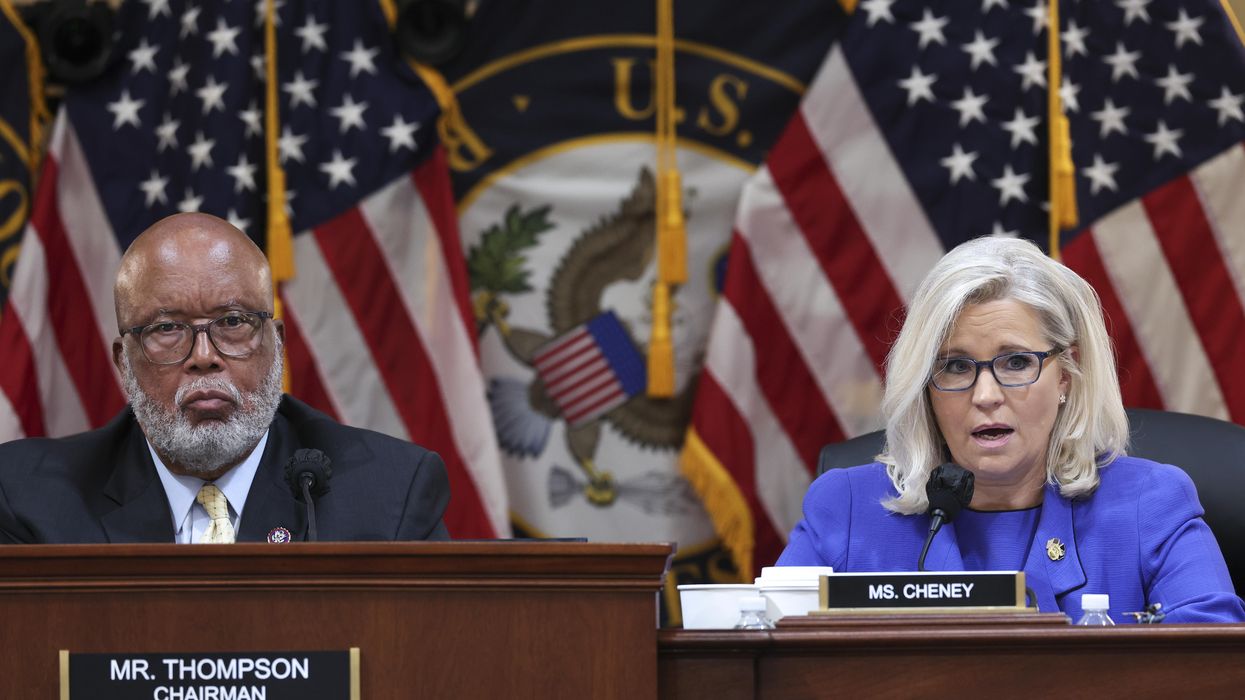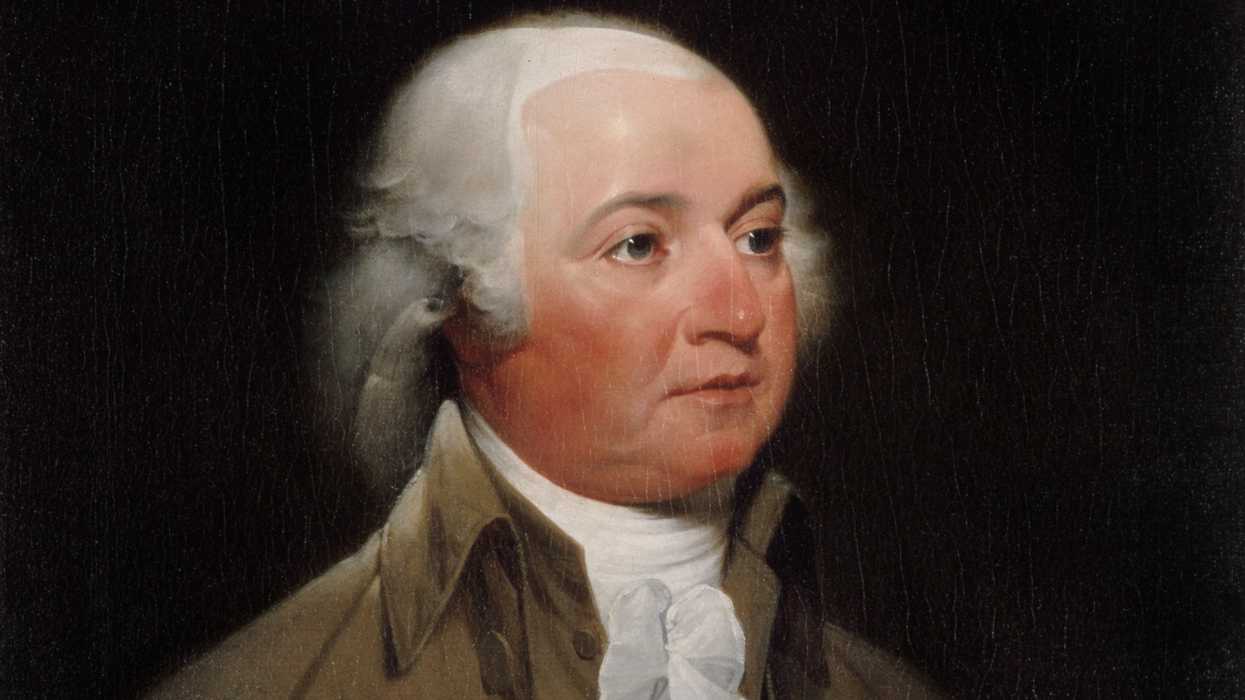The committee investigating the Jan. 6, 2021, insurrection at the Capitol conducted a riveting public hearing in prime time Thursday. Carried by most of the major broadcast and cable news networks, the two-hour proceeding featured video of the riot, recorded statements from advisers to Donald Trump and powerful testimony from a police officer injured during the attack.
Observers on the left and right found the hearing compelling, the testimony heartfelt – but not always convincing.
What follows is a selection of responses from across the political spectrum.
Peter Baker in The New York Times:
Still, there was another audience for the hearings as they got underway, and that was Attorney General Merrick B. Garland. If the committee was laying out what it considered an indictment against the former president, it seemed to be inviting the Justice Department to pursue the real kind in a grand jury and court of law.
As she previewed the story that will be told in the weeks to come, Ms. Cheney all but wrote the script for Mr. Garland. “You will hear about plots to commit seditious conspiracy on Jan. 6,” she said, “a crime defined in our laws as conspiring to overthrow, put down or destroy by force the government of the United States or to oppose by force the authority thereof.”
Liz Cheney did her job tonight. Her remarks, and the hearing as a whole, gave me confidence the Jan. 6th Committee will do its job well over the next two weeks. We all complain, often justifiably, about the failures of our leaders, the failures in particular of members of Congress. But the Jan. 6th Committee, I will venture to say, will do its job. The question is whether we the people will do our duty in drawing the conclusions we need to draw. Will we make these hearings an inflection point in strengthening our democracy, not just a blip in politics as usual?
Susan Glasser in The New Yorker:
The hearing began and ended, as it should have, with Trump himself. “President Trump summoned the mob, assembled the mob, and lit the flame of this attack,” Cheney said, consciously echoing an interview that she gave to Fox News on the afternoon of January 6th, while she and her colleagues were still in hiding from the pro-Trump mob. It said everything about where American politics are today that on Thursday night, a year and a half after the events in question, Fox News did not dare to broadcast Liz Cheney’s remarks—or to air the full hearing live, as the other networks did. Instead, it chose to run its regular evening programming of Tucker Carlson, Sean Hannity, and the rest of the Trump propaganda machine.
Brain Walsh, former communications aide for House and Senate Republicans:
Gary Abernathy in The Washington Post:
There was much focus on the actions of the militant Proud Boys and Oath Keepers. If the committee’s purpose was to convict those groups of planning and carrying out the Capitol incursion, they may have succeeded. If the goal was to prove that they were acting at Trump’s direction — even if they convinced themselves that they were through inferences and assumptions based on Trump’s random tweets — the committee failed. The sometimes convoluted efforts by Rep. Bennie G. Thompson (D-Miss.), the committee’s chairman, to connect the dots, and video editing that synced Trump’s comments with various insurrectionist acts, were ineffective.
Walter Shapiro in The New Republic:
The committee is still bipartisan, with Cheney and Representative Adam Kinzinger onboard. But these two Republicans remain the antithesis of the cult of Trump. The result: the first congressional committee in memory on which all nine members are united in the same cause—getting at the truth of the attempted coup of January 6. That meant the narrative was not interrupted by Benghazi-style grandstanding and conspiracy-mongering by scorched-earth Republicans.
Kimberly Strassel in the Wall Street Journal:
What’s actually missing in this special sauce of prime TV hours, slick videos and positive press is the one ingredient truly vital for public interest: credibility. If huge swathes of America ignore the committee’s work, it will be because the committee itself—through its construction and through its actions—made it easy.
Philip Bump in The Washington Post:
Yes, God forbid that Fox News should air an hour of propaganda or dishonesty. Carlson didn’t articulate the purported lies, which he couldn’t have, because the hearing hadn’t actually begun by that point. But it didn’t matter, because his audience wasn’t hearing the evidence from the hearing anyway. Was it a lie when the hearing showed William P. Barr, Trump’s ever-loyal attorney general, describing Trump’s voter-fraud claims as nonsense? Doesn’t matter, just wave it all away as untrustworthy without actually explaining what was said and why it couldn’t be trusted.
Debilyn Molineaux:
James Fallows:
Heather Cox Richardson:
Veteran reporter Bob Woodward called the evening “historic.” Looking back at the 1954 hearings that destroyed the career of Senator Joe McCarthy by revealing that he was lying to the American public, Woodward said that tonight’s event “was the equivalent of the Army-McCarthy hearings." (found in Heather Cox Richardson’s daily email)
Stephen Colbert:
Stephen's LIVE MONOLOGUE After The January 6th Committee Primetime Hearingwww.youtube.com




















